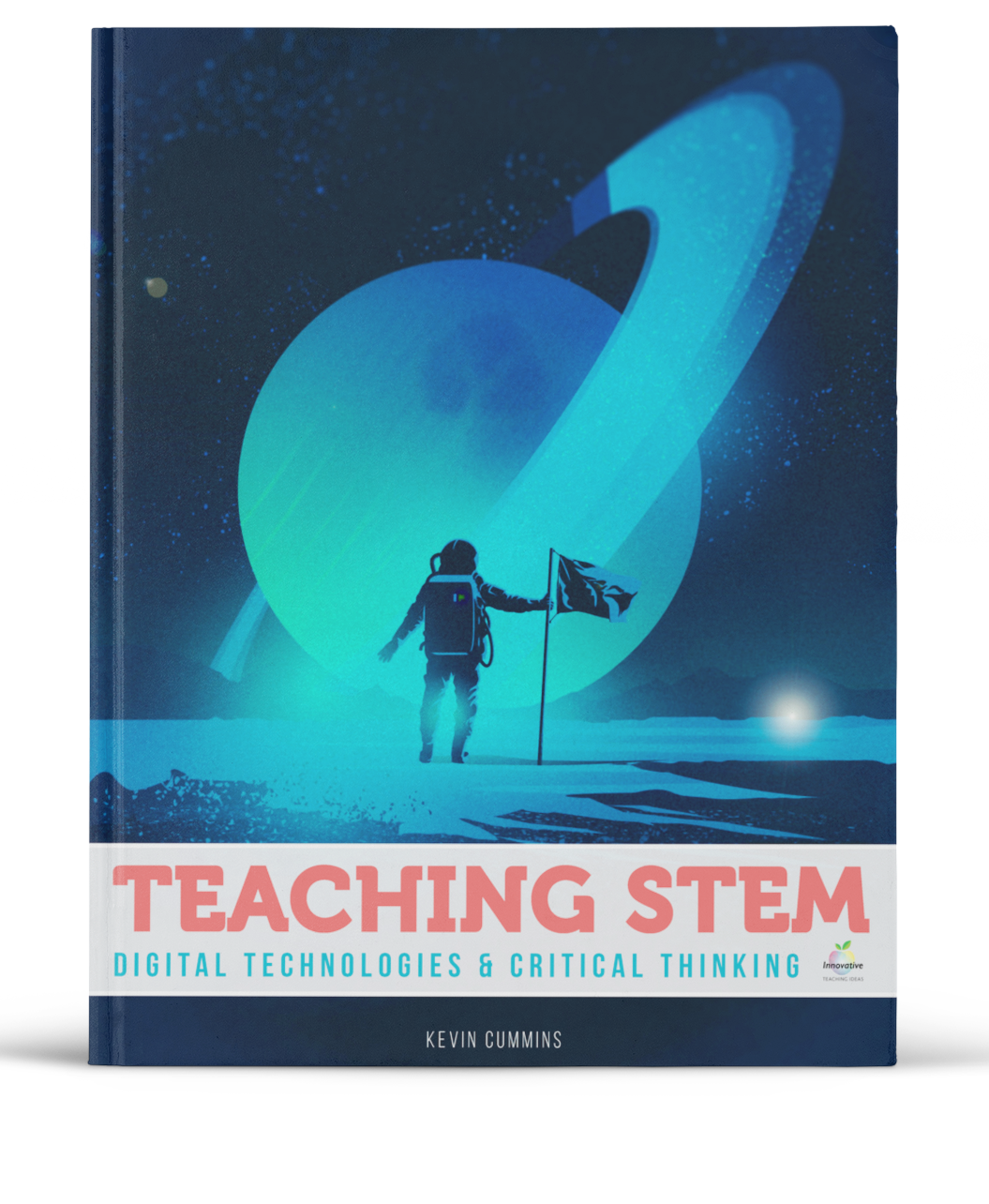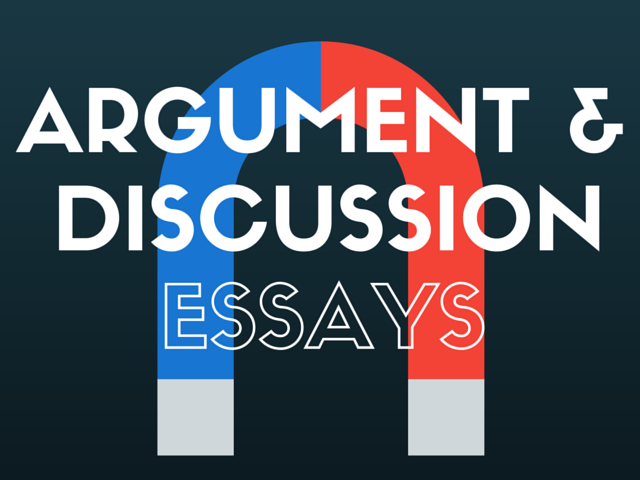How computational thinking has changed professional sports
/Billy Beane
Computational thinking is a really valuable approach or our students to problem solve and introduce them to the world of coding, algorithms and computer science. It is often difficult to find examples of real world computational thinking that engages students.
Recently I watched the film 'Moneyball' which upon reflection was a great example of computational thinking in action in which all four elements (decomposing, pattern recognition, abstraction and algorithmic design.) were used to achieve a positive outcome. I hope you find story useful in better understanding computational thinking and also translating that to your students.
Billy Beane was an average baseball player shipped around America’s Major League competition in the eighties until he realised he could not achieve the heights he dreamed of, and the teams hiring him realised Billy Beane was not going to take them to the ‘Promised Land.’
Post playing career Billy was hired by the Oakland A’s as their general manager to try and bring them a championship. Five years into the role Billy came to the realisation that he was trying to win an unfair game. And it was all because the MLB does not have a salary cap for purchasing players.
This was highlighted in 2001 when the New York Yankees faced the Oakland A’s in a regular season game which drew no major significance except for this...
Team Salary Cap Comparison
Team Payroll Comparison
New York Yankee’s: $144 million
Oakland A’s: $39 million
Beane conceded his Oakland A’s were little more than a talent incubator for wealthier teams to poach and decided in 2002 things must change or else his career as General Manager would yield the same results as his career as a player.
Against 100 years of tradition and thousands of ‘experts’ advice Beane essentially disbanded the Oakland A’s scouting and development group and entrusted it to Paul De Podesta who was a Harvard Economics Graduate student who knew little about baseball but everything about solving data driven challenges. He was a great computational thinker.
De Podesta’s mantra was that the Oakland A’s would no longer invest in buying players but would invest in buying win shares. Beane advised De Podesta as to the statistics and data he believed made an indisputable difference to the win loss column they began statistically to break down every player in Baseball to a single piece of data identifying what impact they had upon winning based upon their salary.
De Podesta identified superstars who were phenomenally overpaid, and nobodies who were absolute steals based upon their measly salaries.
De Podesta
De Podesta and Beane exemplified all four elements of Computational thinking during this process.
De Podesta decomposed their current situation, the elements of success in baseball every player in MLB to a series of statistical value.
Beane identified statistical patterns, sequences and structures that occurred in winning baseball teams.
They abstracted opinion and discounted irrelevant data which that is unproven in influencing wins and losses in baseball.
De Podesta created an algorithm for success based upon statistical data and salary which reinvented the Oakland A’s team and still fit well within their salary limit.
Oakland started the season poorly under a cloud of criticism from all corners of the baseball world. Outwardly it appeared as if Oakland traded or dumped their most treasured players and replaced them with trash.
Amidst early mounting losses and criticism both Beane and De Podesta believed they had done their research and stood by their formula for success.
To cut a long story short the Oakland A’s started to become the team which Beane and Depodesta envisioned even though they were in the eyes of many nothing more than a washed up, rag tag B league team.
They went on the longest winning streak in professional baseball in a century (20 games) and finished atop their division with a win loss record of 103-59. This was exceptional when considering they had a losing record over the first third of the season.
They did not win the championship in 2002 but the Boston Redsox adopted Beane and DePodesta’s “moneyball” approach in 2003 and won the ultimate prize in 2004.
Beane was offered the highest paying contract in sports amangement in 2003 by the Boston Redsox which he turned down. He is still the GM of the Oakland Athletics.
DePodesta has moved around multiple U.S sporting teams and even leagues to share his Computational Thinking approach to winning and losing which is valued by nearly every major professional sport as an essential element for accountability and success.













